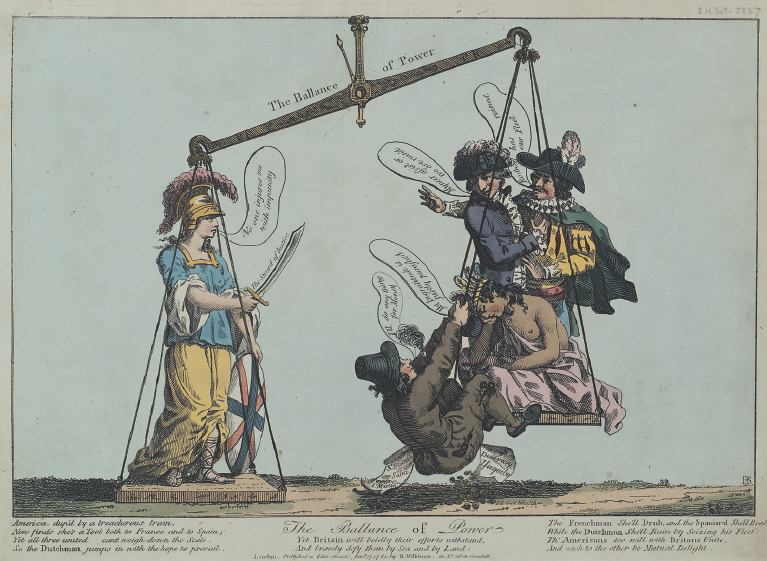The French Alliance.
Printed Page 178 Chapter Chronology
The French Alliance. On their own, the Americans could not have defeated Britain, especially as pressure from hostile Indians increased. Essential help arrived as a result of the victory at Saratoga, which convinced the French to enter the war; a formal alliance was signed in February 1778. France recognized the United States as an independent nation and promised full military and commercial support. Most crucial was the French navy, which could challenge British supplies and troops at sea and aid the Americans in taking and holding prisoners of war.
Well before 1778, however, the French had been covertly providing cannons, muskets, gunpowder, and highly trained military advisers to the Americans. From the French perspective, the main attraction of an alliance was the opportunity it provided to defeat archrival Britain. A victory would also open pathways to trade and perhaps result in France's acquiring the coveted British West Indies. Even an American defeat would not be a disaster for France if the war lasted many years and drained Britain of men and money.
French support would prove indispensable to the American cause in 1780 and 1781, but the alliance's first months brought no dramatic changes, and some Americans grumbled that the partnership would prove worthless.
Visual Activity
